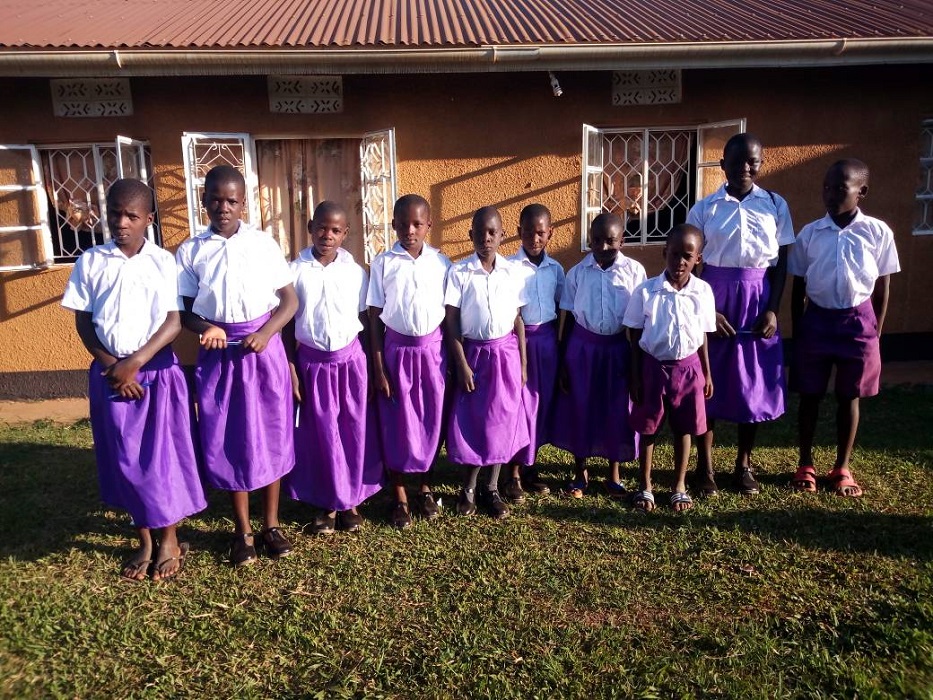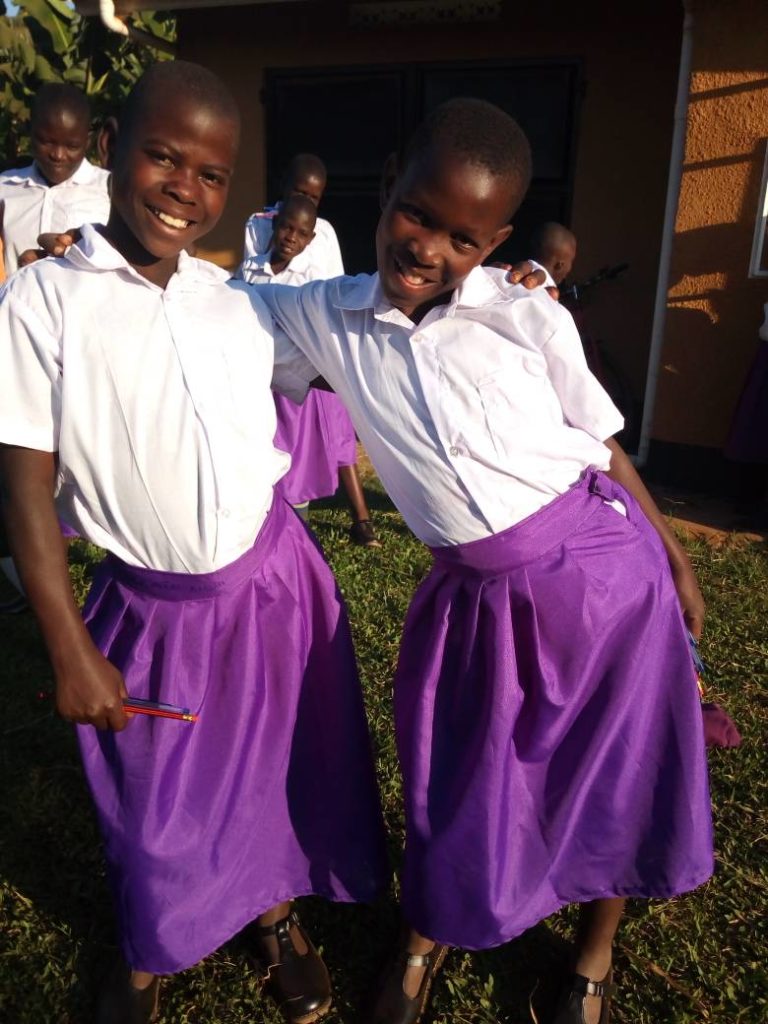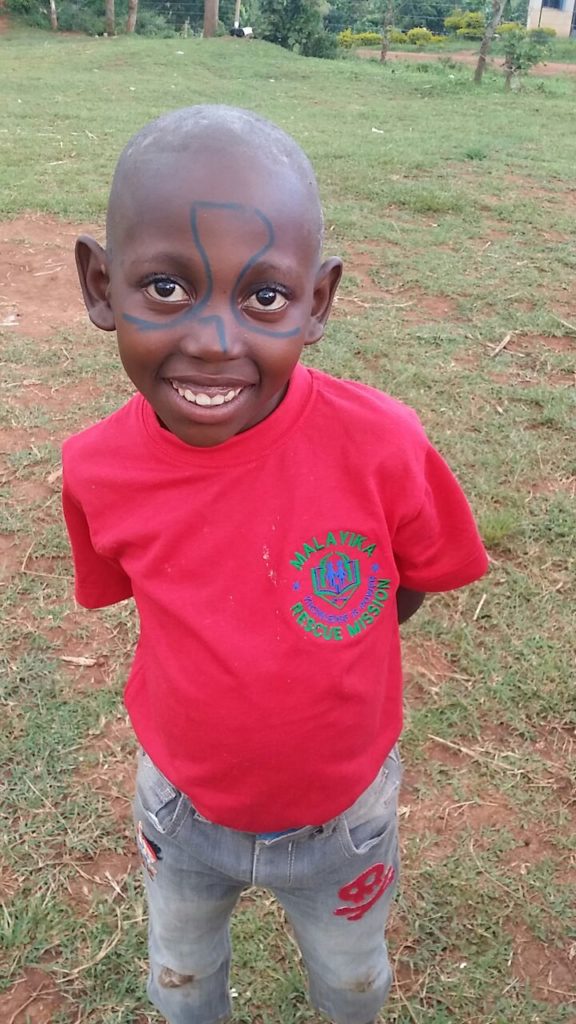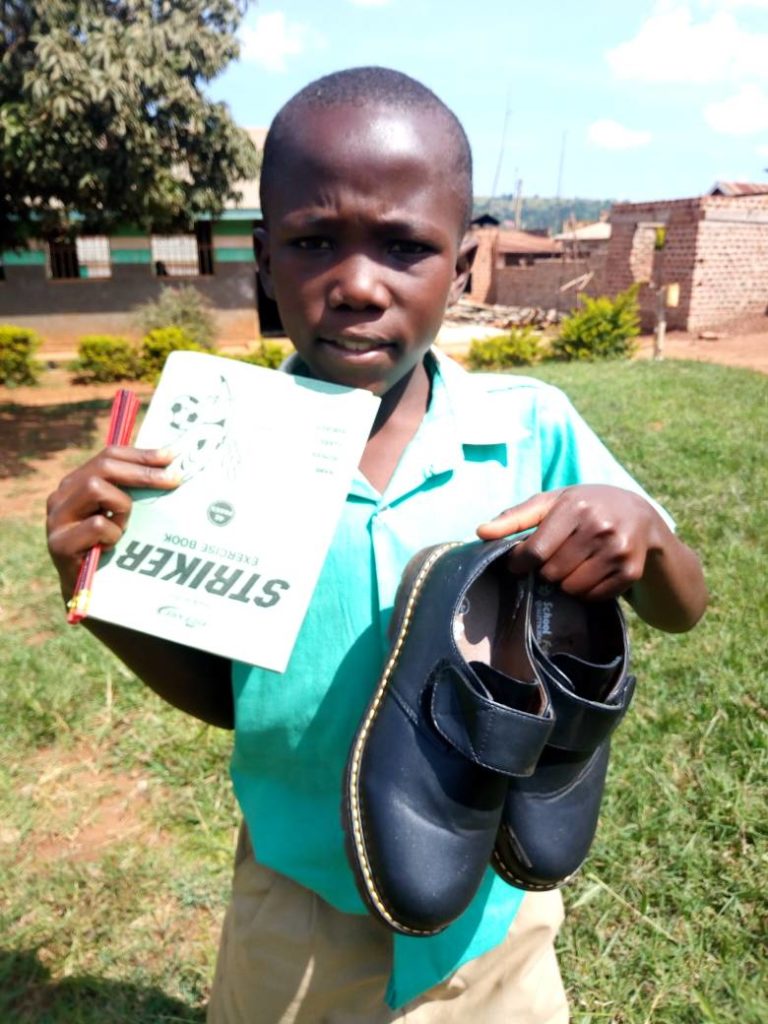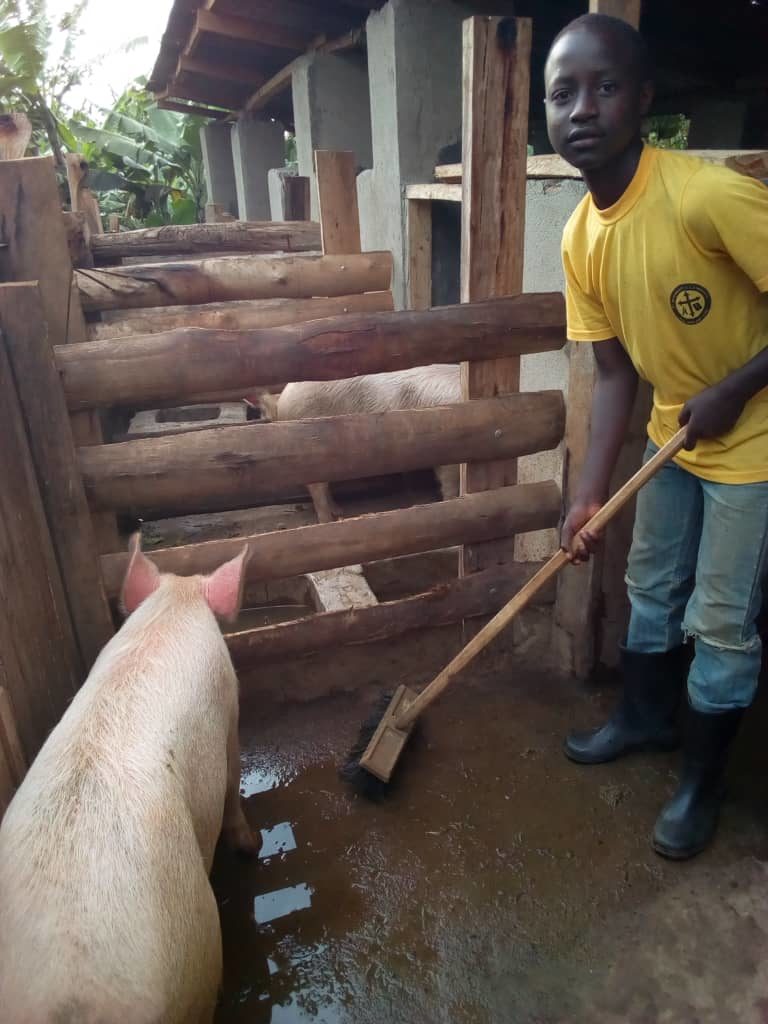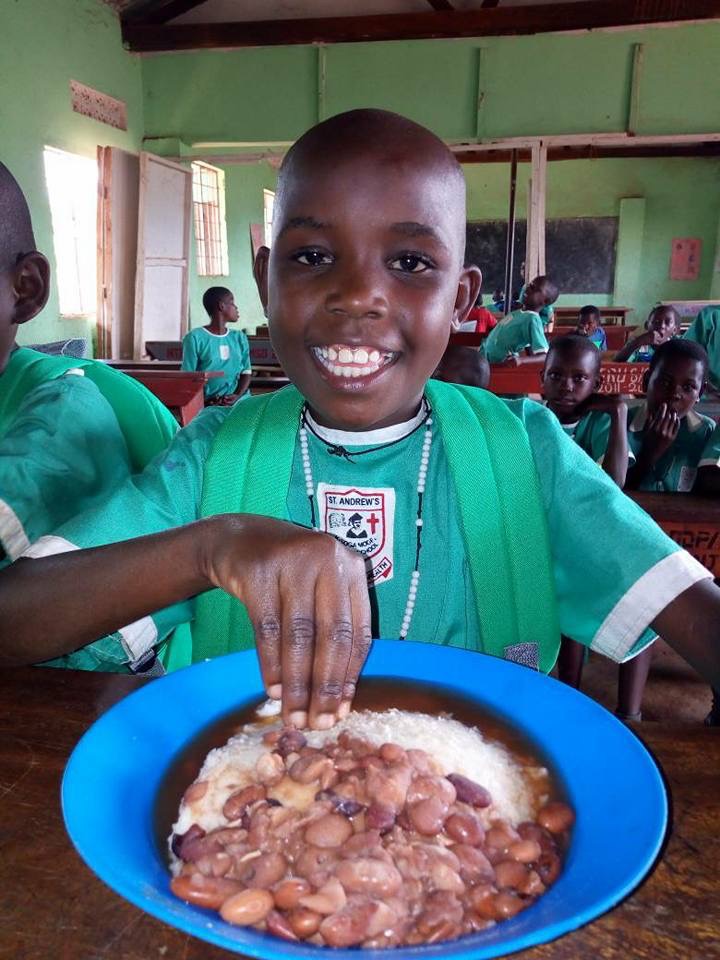Malayika Rescue Mission is a community-based organization formed to improve education opportunities and provide hope to orphans and at-risk children in Uganda.
Ubuntu-I Am Because We Are
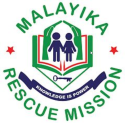
Malayika Rescue Mission
Malayika Rescue Mission (founded in2013) plays a critical role in providing tuition, school supplies, uniforms, food and medicines for children in need, most of whom are orphans. Malayika Rescue Mission works with Bunyonyi Primary School, Gold Star Junior School, St. Andrews Primary School and six secondary schools to handle the educational needs of these children in need. With additional financial support Malayika will be able to enroll additional students.

HIV Epidemic In Uganda Among Young Women
HIV prevalence is almost four times higher among young women aged 15 to 34 than young men of the same age. The issues faced by this demographic include gender-based violence (including sexual abuse) and a lack of access to education, health services, social protection and information about how they cope with these inequities and injustices. Young Ugandan women who have experienced intimate partner violence are 50% more likely to have acquired HIV than women who have not experienced violence.
Malayika Rescue Mission focuses on providing the education and health services for these young women who either have HIV or are at high risk for infection.
Background of Education in Uganda
Uganda implemented the Universal Primary Education (UPE) initiative in 1997 as part of a national policy to provide free primary education for underprivileged children. It was a dream come true for most poor parents. Previously, only wealthier parents could afford an education by sending their children to private schools. Few children from poor families were able to attend school. Soon after UPE became available to all children, school enrollment skyrocketed to 90% of eligible children. The demand for learning materials, teachers and infrastructure overwhelmed the capacity of the nation’s school system. By 2013 total enrollment had almost tripled and the system struggled to succeed amid a very high dropout rate and poor-quality schooling for some.
The UN Educational, Scientific and Cultural Organization (UNESCO) estimates that 68% of the children who enroll in primary school in Uganda will drop out before finishing the prescribed seven years. UPE faces a myriad of issues, but the biggest challenge is poverty. Poorer parents still fight to meet requirements for school. The major setback for UPE is that it is not entirely free, contrary to the general perception that parents are not supposed to pay for anything. For poorer parents, especially in rural Uganda, the cost of pens, exercise books and clothing is beyond their reach. For children without parents, there is often no hope for an education.
Our School
Sponsor a Child
Pig Farming
